Donating your preloved possessions is a truly noble cause and a great way to declutter your home, too. However, it’s important to remember that not everything belongs in the donation pile. Some things simply can’t be resold, while others may just create extra work for the organizations receiving them.
If you want to make sure your donations are actually helpful, take a look at the following things you should never donate—and what to do with them instead.
Broken Electronics
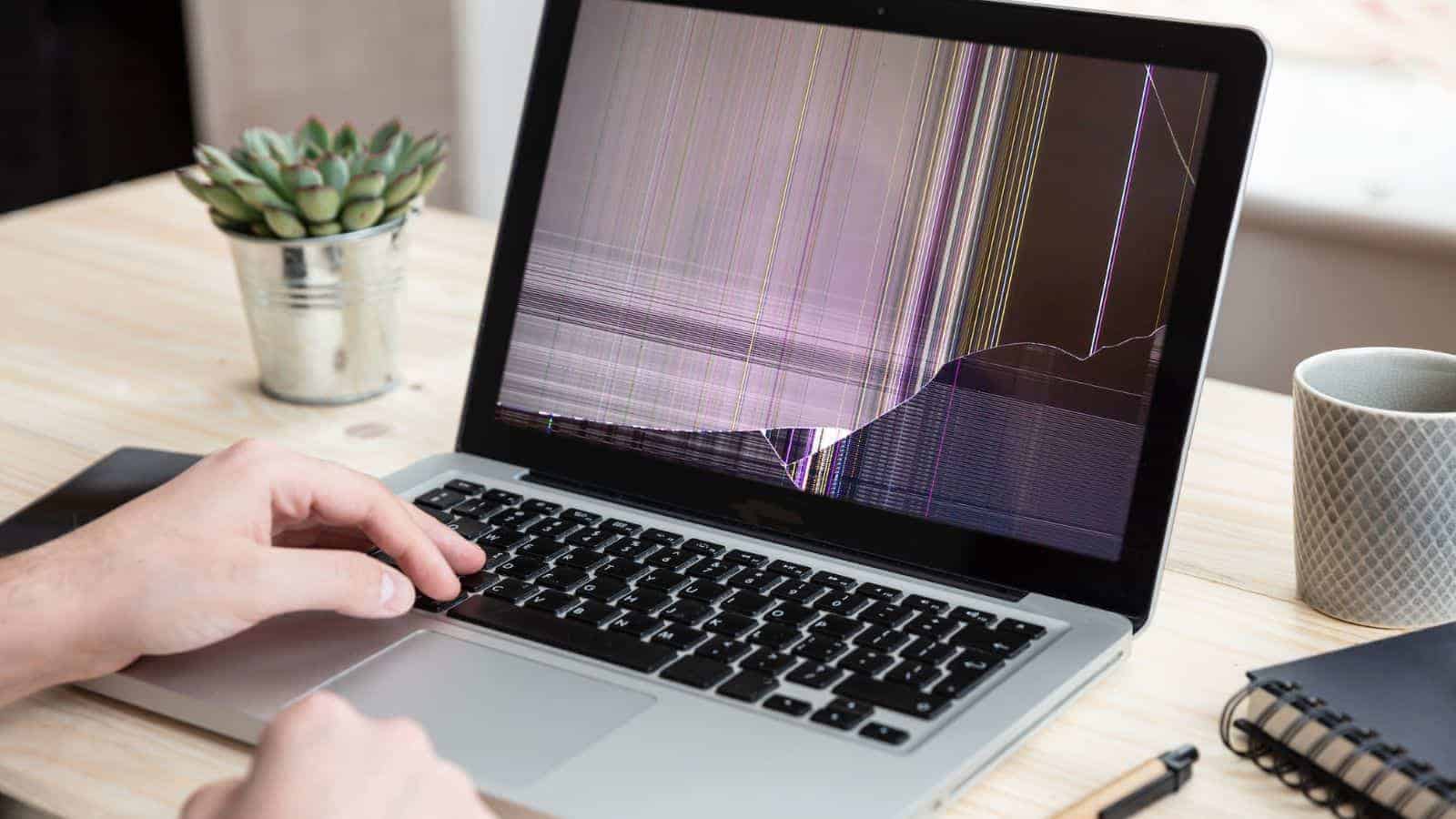
This may be obvious to some people, but charities don’t have the time or resources to repair your broken TVs, laptops, or phones, so they usually just end up in the trash. Instead, you should take them to an electronics recycling center or trade them in through programs like Best Buy’s recycling program.
Stained or Torn Clothing

A lot of people donate clothing they no longer wear, but anything with stains, rips, or holes can’t be sold. You probably wouldn’t want someone’s old, tattered garments, and charities and their customers don’t want them either.
You’re better off repurposing them as cleaning rags or looking for textile recycling programs in your area.
Used Mattresses

There’s no denying that mattresses can be tricky—they can harbor bed bugs, bacteria, or allergens, which, unfortunately, makes them unsafe to resell. So, instead of donating, check if your local recycling center or waste management program accepts old mattresses. Some manufacturers also offer take-back programs when you buy a new one.
Outdated Textbooks

Unfortunately, old textbooks from school or university tend to lose their usefulness over time because they often contain outdated information. Instead, consider recycling the books through a local recycling center or donate them to organizations that can repurpose books for things like art projects.
Expired Food

Donating non-perishable food is always a thoughtful gesture, but anything that’s expired is completely unusable and will only create more work for food banks. That’s why you should check the dates carefully before donating. If you notice that it’s expired, you can compost it if possible to give it a new life.
Damaged Toys

Sadly, any toys that are missing pieces or have broken parts can’t be enjoyed by children, so they’re often thrown out by charities. Instead, you should recycle broken plastic toys or take them to specialty recycling programs like TerraCycle.
Used Personal Care Products

You may feel wasteful getting rid of lotions, soaps, or makeup you’ve barely touched, but unfortunately, it can’t be safely donated for health and hygiene reasons. Anything unopened is probably fine to donate, but if they’ve been used, you should check with beauty recycling programs or dispose of them responsibly.
Large Appliances That Don’t Work

It should go without saying that hefty fridges, stoves, or washers that no longer work are typically more of a burden than a help for charities. Don’t donate these; rather, you should call your local recycling center or scrap metal yard to dispose of them properly.
Prescription Medications

Even unopened medications should never be donated due to strict regulations. You shouldn’t throw them in the trash or flush them either, as this can harm the environment. Try taking them to a pharmacy or hospital instead that participates in a drug take-back program, as this is the best way to dispose of them safely.
Old Car Seats

Many people don’t know this, but car seats expire after several years and may no longer meet current safety standards. This makes them unsafe for donation, but some retailers, like Target, offer car seat recycling programs where you can trade in your old seat for a discount on a new one.
Outdated Electronics Accessories
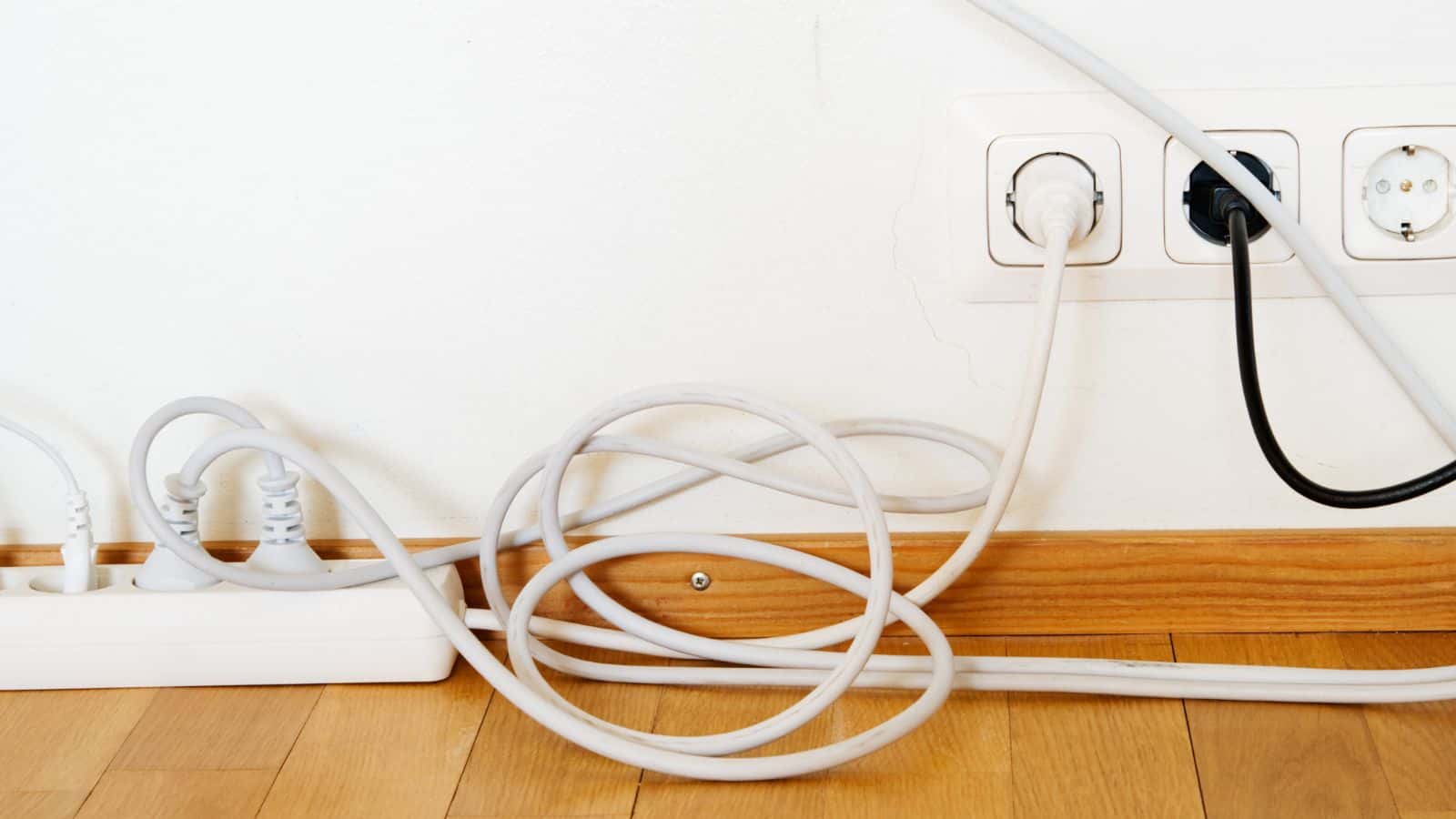
Contrary to what a lot of people think, cords, chargers, and accessories for outdated devices usually can’t be resold. These should, therefore, not be donated, and it’s best to recycle them through an electronics recycling program. A few different stores, like Staples and Best Buy, offer free drop-off points for old electronics.
Worn-Out Shoes
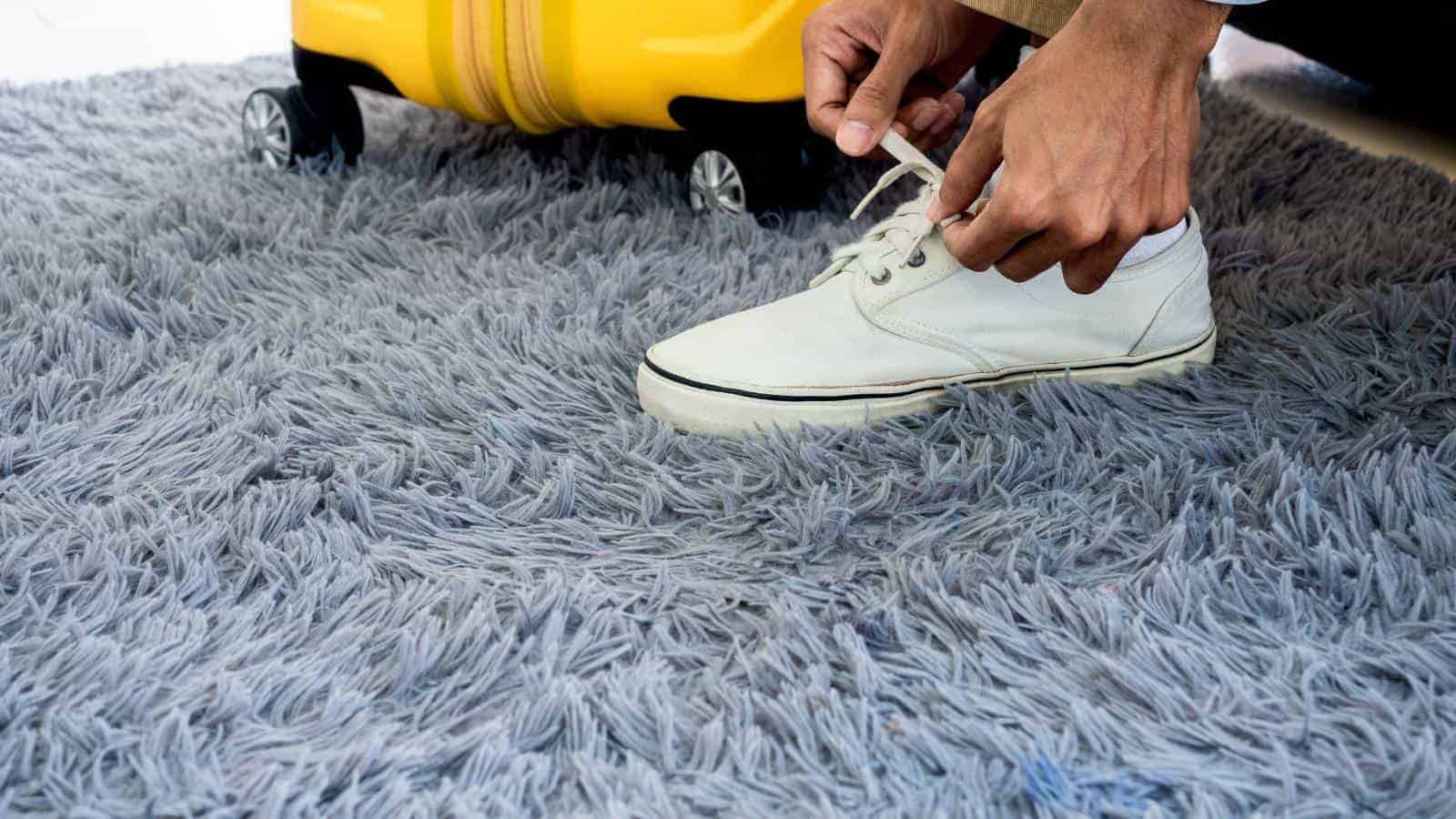
If your shoes are old, worn out, and full of holes, chances are that charities won’t want them. You can still donate gently used shoes, but you should send any damaged ones to shoe-specific recycling programs like Nike’s “Reuse-A-Shoe” initiative, which repurposes the materials into playground surfaces.
VHS Tapes and Cassette Players
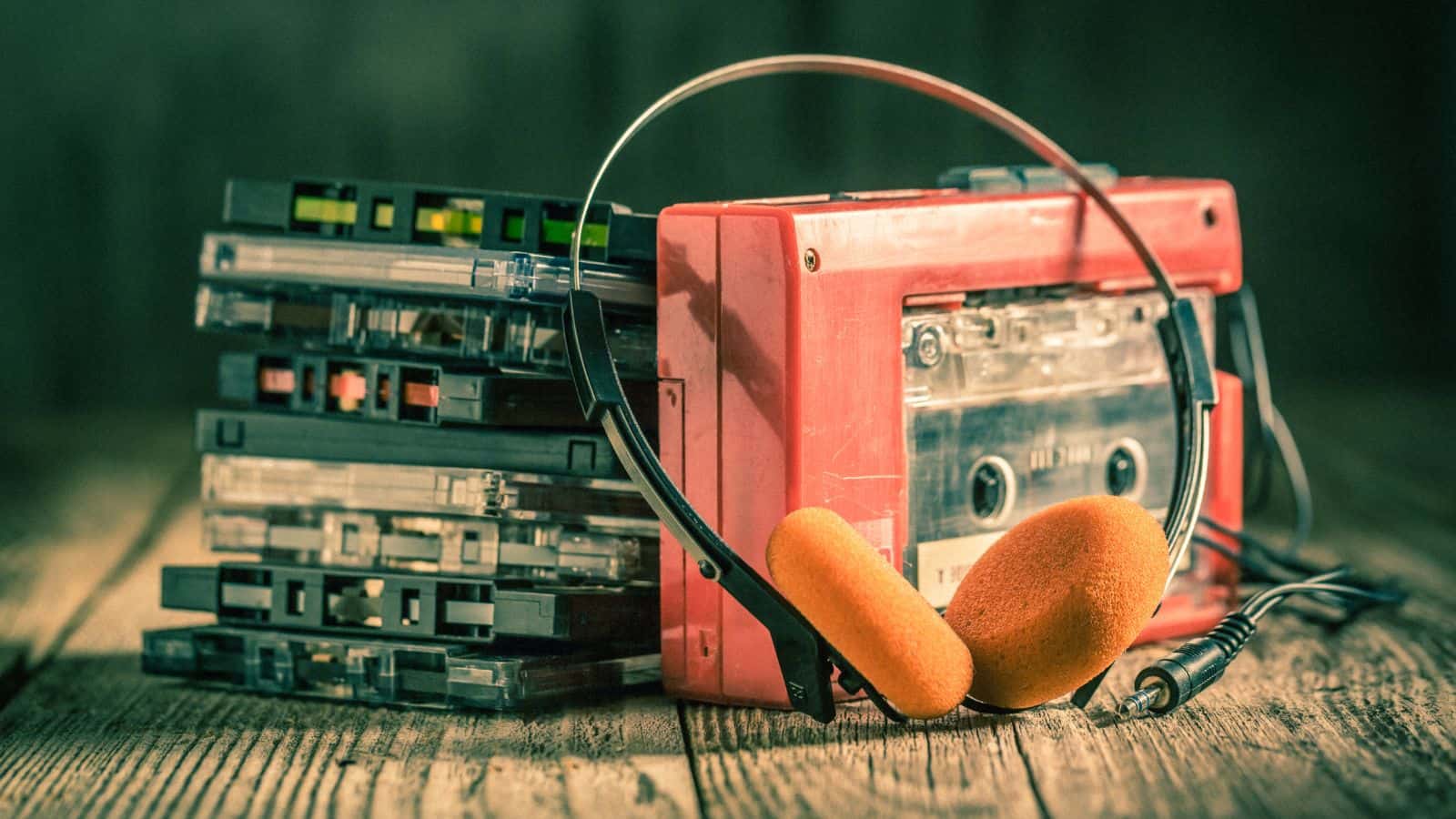
Some people are surprised to hear that most charities no longer accept VHS tapes or cassette players. As you may have guessed, the reason is that these items now have little resale value and will only take up storage space.
Household Cleaners

Sadly, any used cleaning products can’t be donated for safety reasons. If you can’t use them yourself, you could consider giving them to neighbors, friends, or family. As a last resort, check with your local hazardous waste facility for the best advice on how to dispose of them properly.
Cracked Dishes and Glassware

Those cracked or chipped dishes you have sitting around aren’t destined for the thirst store, as they’re considered unsafe for customers. So, wrap them carefully and take them to a recycling center that accepts ceramics or glass instead. You should also avoid throwing them in your regular recycling bin, as they can contaminate the other materials.
Used Underwear or Socks

As you’ve probably heard, most organizations won’t accept used underwear or socks for hygiene reasons, even if they’re washed. If they’re brand-new and still packaged, you can send them over to shelters or charities. If not, you could recycle them through textile programs or use them as rags for household cleaning.
Old Paint
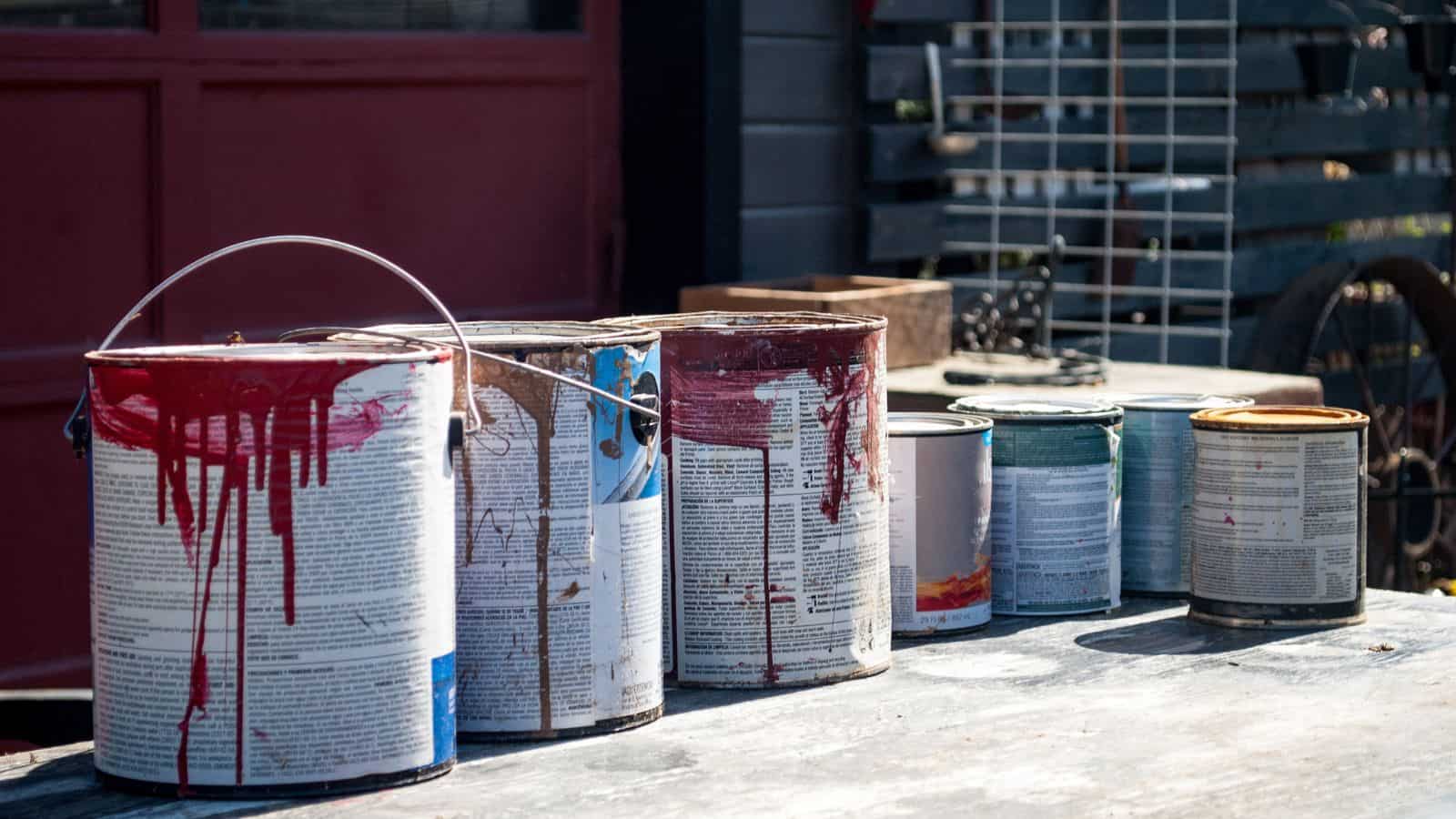
Unfortunately, donation centers commonly turn away half-empty cans of paint because of storage and disposal restrictions. But on the upside, many hardware stores or recycling programs will accept leftover paint and can repurpose it for community projects or dispose of it responsibly.
